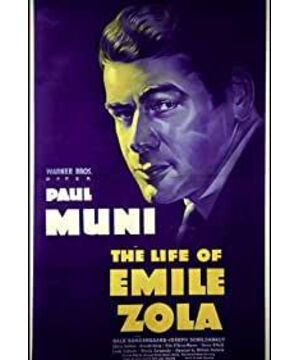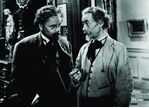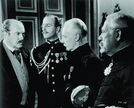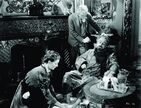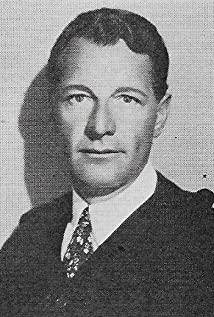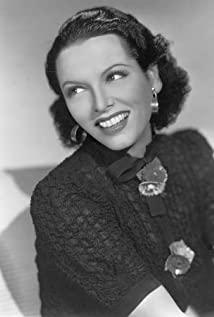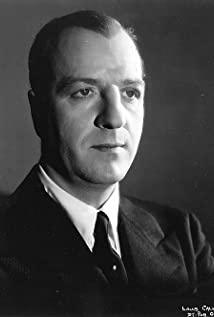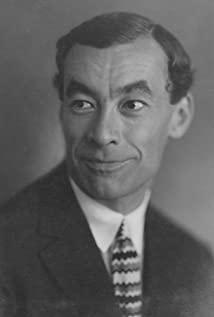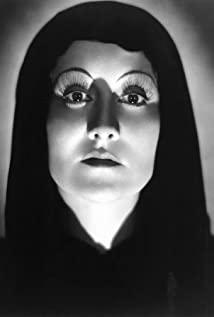The Life of Emile Zola (1937) This
film won the 10th Academy Awards for Best Picture.
The film tells the story of the French writer Zola and Dreyfus (French: Affaire Dreyfus). Zola was hungry and cold when he was young, and the things he wrote were so true that he never got a job. It was not until one day that Zola met a woman named "Nana" and read her diary, and wrote the novel "Nana" that he became famous. Subsequently, Zola wrote many articles criticizing the government and the army, all of which were censored by the authorities. After his old age, Zola's life became ample, and he gradually led a luxurious life, not paying attention to world affairs. At this time, a captain officer was found guilty for an unnecessary charge and was exiled to an island. So Mrs. Captain went around asking for help. A few years later, an officer discovered that this was a wrong sentence and reported the matter to his superiors, which led to him being sent to prison. The captain's wife finds Zola and wants Zola to help her husband. Zola wanted to spend his old age safely, but seeing the materials of the captain's wife gave him a renewed fighting spirit. As a result, Zola wrote a long article "I Accuse", and then the court arrested Zola and put him in jail for trial. After a fierce trial, Zola was found guilty, and he had to flee to England to continue fighting with words. In the end, the court reevaluated the captain's case. All those who affected the outcome of the trial either resigned or their whereabouts were unknown. The captain was rehabilitated, and Zola died at home because of gas poisoning.
I didn't think it was a biopic before watching this film. After I saw it, I realized that this film is not a complete biopic, but a full-fledged "legal and political film". The focus of the film is on court scenes. This surprised me. It turns out that the famous "Biography of Zola", this Oscar-winning best film, is not a biopic! The name of this movie is too off-topic! This film is considered from the perspective of a biographical film. It only depicts one character of the character-insisting on justice and daring to tell the truth. The film revolves around this theme from beginning to end, such as the book being censored, resigning because of the content of the book, and traveling far away because of "I Accuse", and so on. In short, after watching the unsuccessful biopic "The King of Songs and Dances", and watching the same incomplete biopic "Zola", I was really depressed! Even if the film shows Zola's most typical character. Was it that Hollywood in the 1930s lacked the ability to make real biopics?
Although this film is not an excellent biographical film, the "Legal" aspect is very beautiful. To put it bluntly, the court scenes are very beautiful. In the film, the confrontation in the court is fierce, and there is smoke outside the court, and the large and large monologues of the lawyers are very exciting. Especially at the end of the film, Zola's impassioned monologue tells the world that "the truth will go forward bravely"! It can be said that the court debate scenes in this film are inferior to modern law films and law dramas. However, because the facts of this film are almost exactly the same as those in "In the Name of Father" that I have watched some time ago, my interest in this film has also been reduced. The same is an unjust case, the same is the government corruption, and the same is an unwarranted crime. Except for the time and the specific incident, the nature of the case is the same. So, no matter how exciting the court scenes in the film are, I just can't get interested. Because the routine of this kind of case is the same: first suppress and then raise, first describe the tragic situation of the white people, and then show the government's corruption and justice people's efforts, and finally settle the wrongs. The film is also based on this model to tell the plot, so there is a happy ending at the end of the film-justice defeats evil, and the captain is acquitted!
In addition to the above two points, other aspects of the movie are very common, and relative to the name "Biography", the content is out of space. Zola's birth, growth, major setbacks, his love, and so on are not described in these movies. In addition, in order to describe the Dreyfus incident in detail, this part of the story is almost out of touch with Zola and has nothing to do with Zola-directly switching from Zola's life to the spy! This transition is too blunt! In short, although the film does not have any major shortcomings, it is not a perfect law film nor a complete biopic. It is just a simple combination of the two, and the combination is still very rigid. One more thing to say is that the plot of this film is too different from the historical facts, and you can see the relevant information for details. So, if you treat the story of this film as history, you will be fooled!
The filming is quite satisfactory. However, it can be seen from the film screens that the standard of living in France in the nineteenth century has been quite high, with a printing industry, wide roads, and a sound judicial system. Recalling the plot in "A Turbulent Time", it seems that life in the nineteenth century is really better than that in the twentieth century.
The actors in this film are all well-known actors from the first half of the last century. The two women in the film, Gloria Holden, who plays Zola’s wife, and Gale Sondergaard, who plays the captain’s wife, are both ordinary-looking women, it is difficult to impress people. However, the actor Paul Muni's acting skills are still very superb, and his monologue in the court is very shocking. It seems that there is no shortage of good actors at all times.
in conclusion. This is a biopic with a misnomer. The film under the title of "Biography" is actually a legal film, but as a legal film it is still very good, not inferior to modern movies.
Gale Sondergaard
Gale Sondergaard
Gloria Holden
Gloria Holden
sequence:
0848 The.Life.Of.Emile.Zola.1937.D9.MiniSD-TLF
2012-06-20
View more about The Life of Emile Zola reviews


